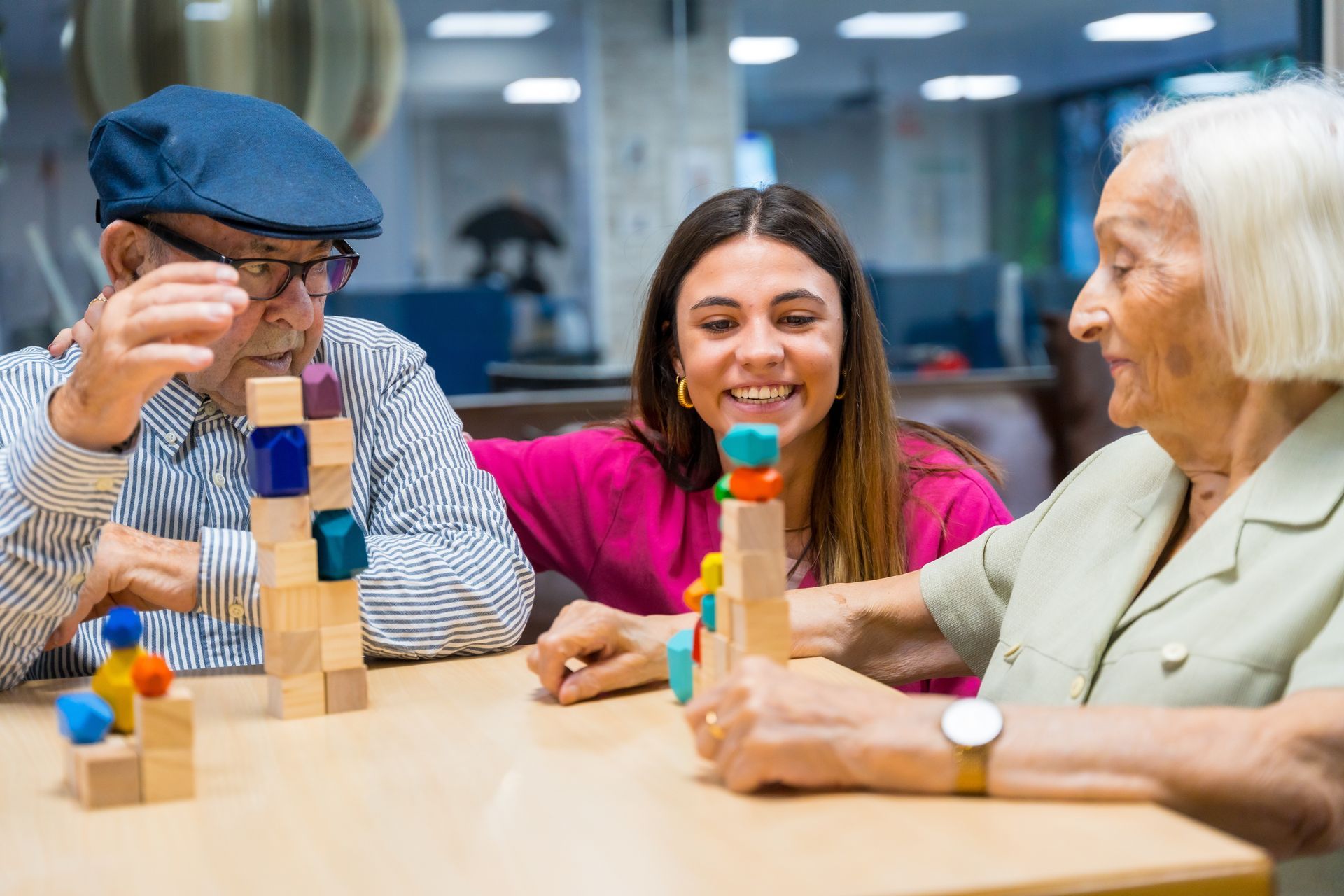BLOG
Wandering, Falls, Medication Mix-ups and More: Warning Signs for Seniors Living at Home
Even if you see your aging loved one daily, or stay in touch online or by phone, it can be easy to miss subtle changes in their physical and mental wellbeing. Whether it’s problems with medications, wandering, a bruise from a fall, or another potential hazard, recognizing the warning signs for senior living at home is not only useful, it could help you decide if a more supportive lifestyle would be helpful.
Starting the discussion
Your parent or older loved one most likely has a strong desire to remain independent and in control of decisions affecting their daily life. However, many times a senior will begin to realize they are not as able to handle certain tasks, or even suffer a fall or injury and know they need a helping hand, but are hesitant to bring it up with you. They might be embarrassed, or they might be afraid they will have to give up their freedom.
The key is to pay attention to red flags, and begin a discussion that is low-pressure, caring, and reassures them you want them to enjoy as safe, healthy, and independent a life as possible.
Warning signs for seniors living at home
Signs of frequent falls
Contrary to what many believe, falls are not an inevitable part of getting older. But they are one of the most serious warning signs for seniors living at home. In fact, one in four Americans age 65+ falls each year. Complications from falls can lead to injury, hospitalization, and life-threatening complications.
Falls are often triggered by an underlying medical issue, such as hypotension, vision problems and other health-related issues that can cause dizziness and lead to a loss of balance. Many times, medication dosage can be modified for a better outcome. Also, it’s important to clear the home of hazards such as piles of papers, slippery rugs, rickety stairs, and poor lighting.
Medications are not taken correctly
Handling medications can be overwhelming, especially when there are multiple prescriptions, specific times of the day for a medicine to be taken, confusing labels and more. It is estimated that as many as 55% of senior individuals fail to comply with medication instructions, putting their health at risk through errors such as missing a dosage or accidentally doubling or tripling a dosage. If this is a regular occurrence, it could be time to consider professional assistance to ensure medications are taken properly.
They are wandering and becoming confused
This is one of the most frightening warning signs for seniors living at home. Cognitive impairment and conditions including Alzheimer’s disease and dementia can cause individuals to lose their ability to recognize familiar places and people, or to become confused about their location. It’s called wandering, and it can range from confusion about the layout of their own home, to talking about returning to a home or workplace from their past, to pacing and restlessness.
A daily check-in with your older adult is one strategy; however, it might be time to consider a lifestyle where they are not alone.
Mood, personality, and other cognitive changes
Everyone forgets something from time to time and it’s not a cause for alarm. But when unpaid bills begin to stack up, or you detect unusual mood swings or changes in personality, or your loved one can no longer remember important dates, it could be time to see a physician. Cognitive changes can be the result of depression, illness, or medication. Or, they could be early signs of dementia or Alzheimer’s disease.
Once you understand what is behind your loved one’s behavior, you’ll know if it’s time to consider a supportive setting where they can receive specialized care and attention.
You’ve detected warning signs for senior living at home. Now what?
While a home health aide can offer a temporary benefit, it may not give you the long-term peace of mind that your loved one is receiving the level of care and attention they need.
A residential senior living community such as Assured Senior Living is a way for your loved one to receive the compassionate, personalized, holistic care they deserve, in a home-like setting. With our 1-4 staff to resident ratio, our assisted living memory care community members never want for personalized attention and connection with friendly faces they know and trust.
Here, your loved one will receive round-the-clock care that’s customized to them—that uplifts and empowers them to live a fulfilling life as a valued member of a tight-knit, supportive community.
We’d love to tell you more
In our signature residential community model, staff residents live right on campus, to offer quality care and support 24 hours a day, 7 days a week. At Assured Senior Living, you’ll find more than a community. You’ll find purposeful living.
Download our free guide, Family Decision Toolkit. Or contact us today.















